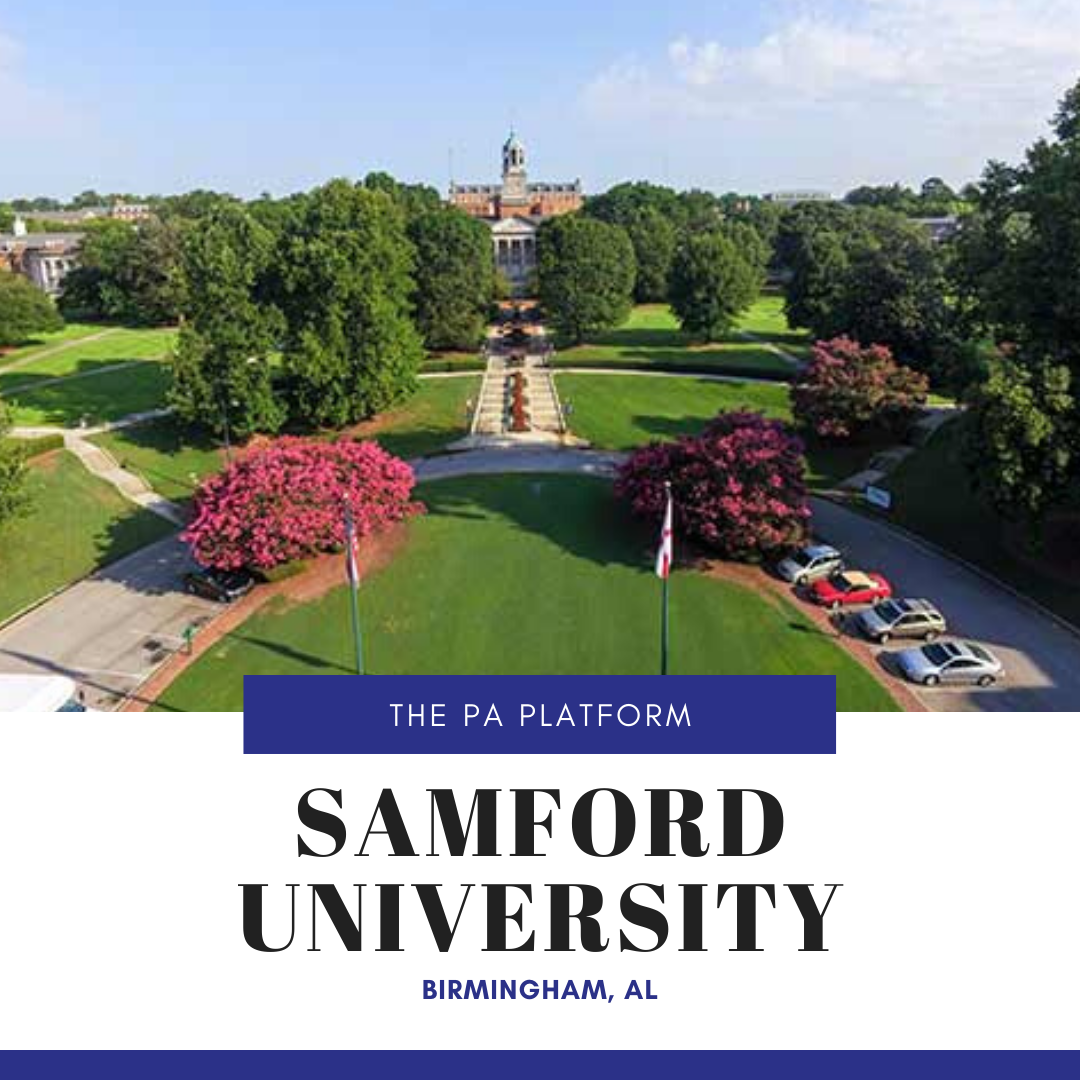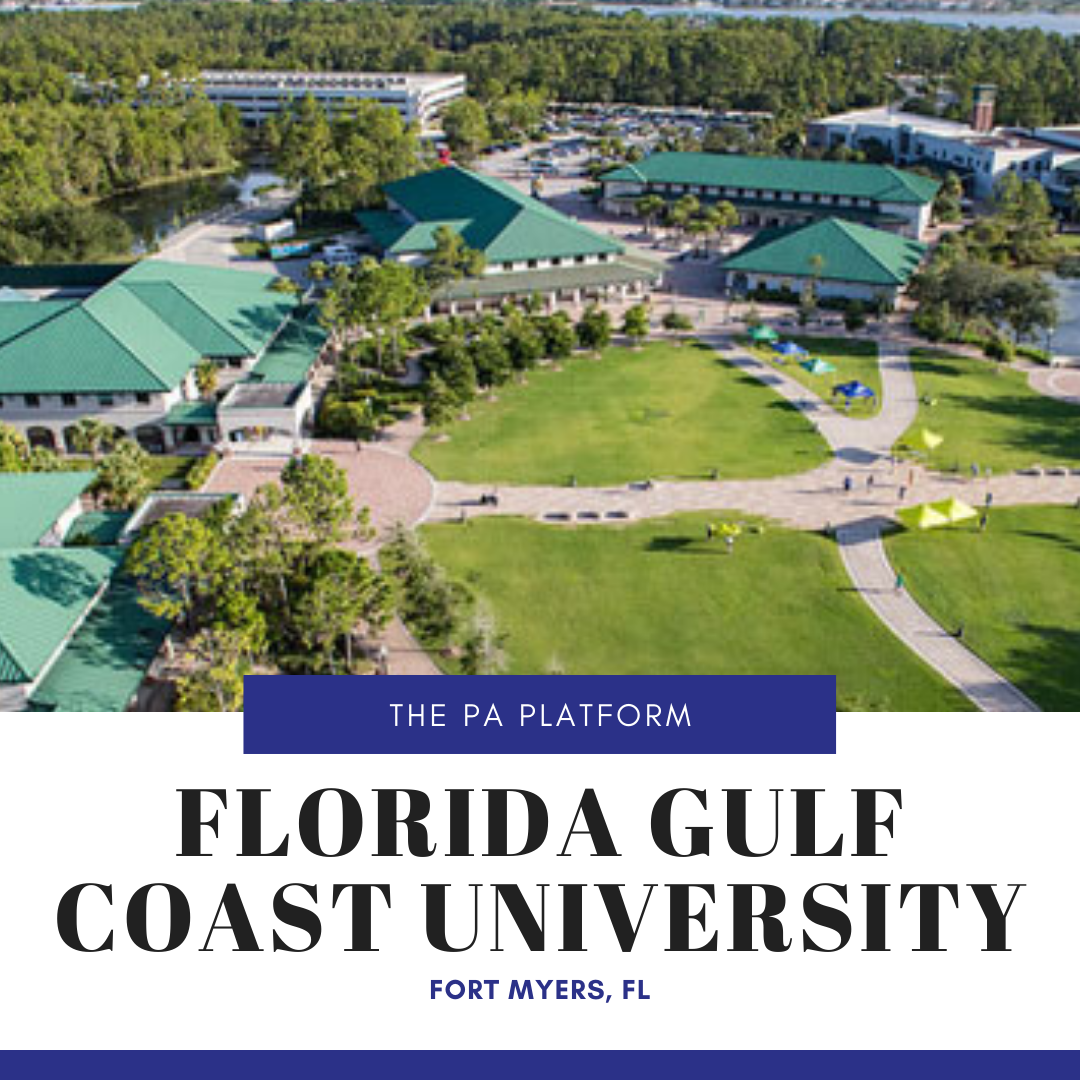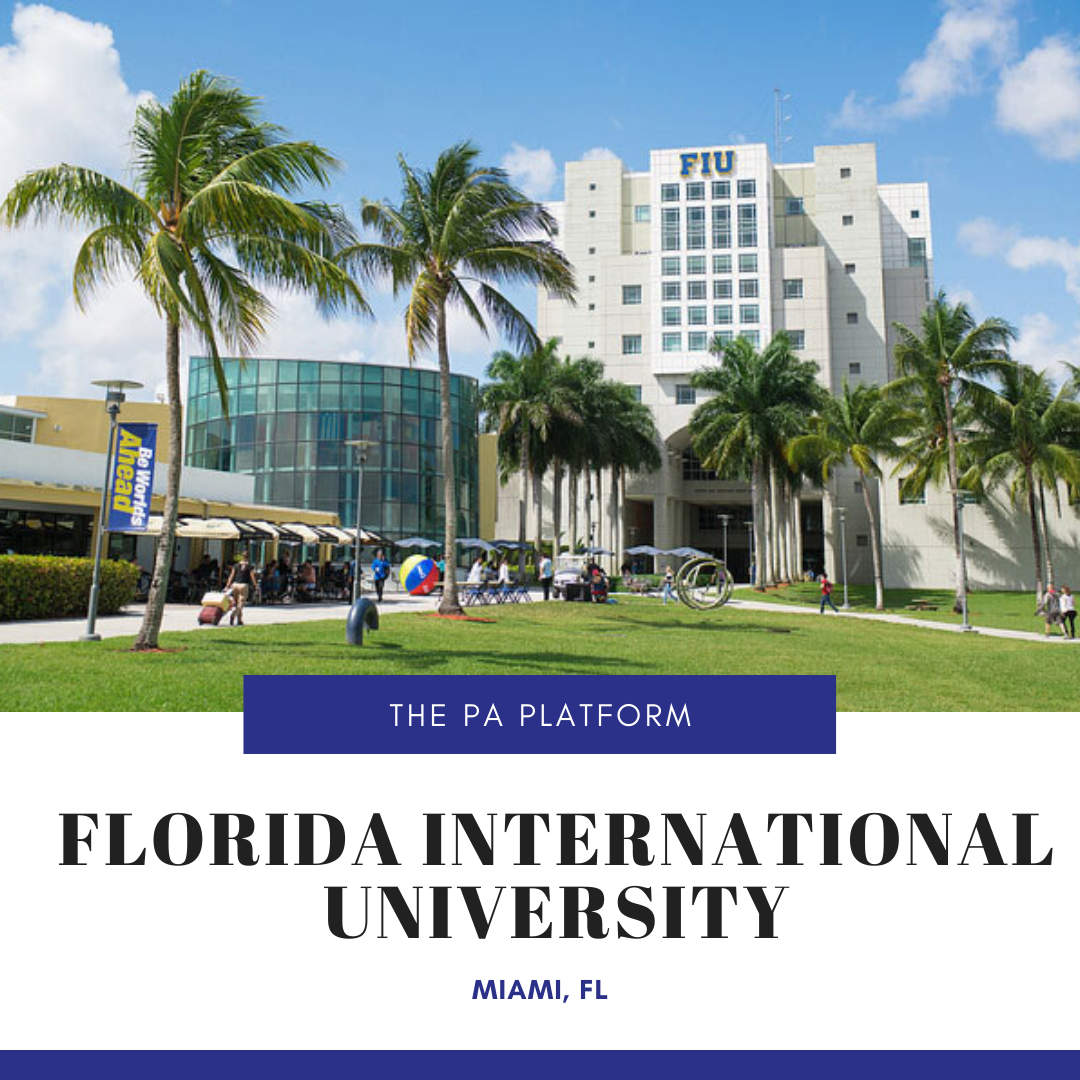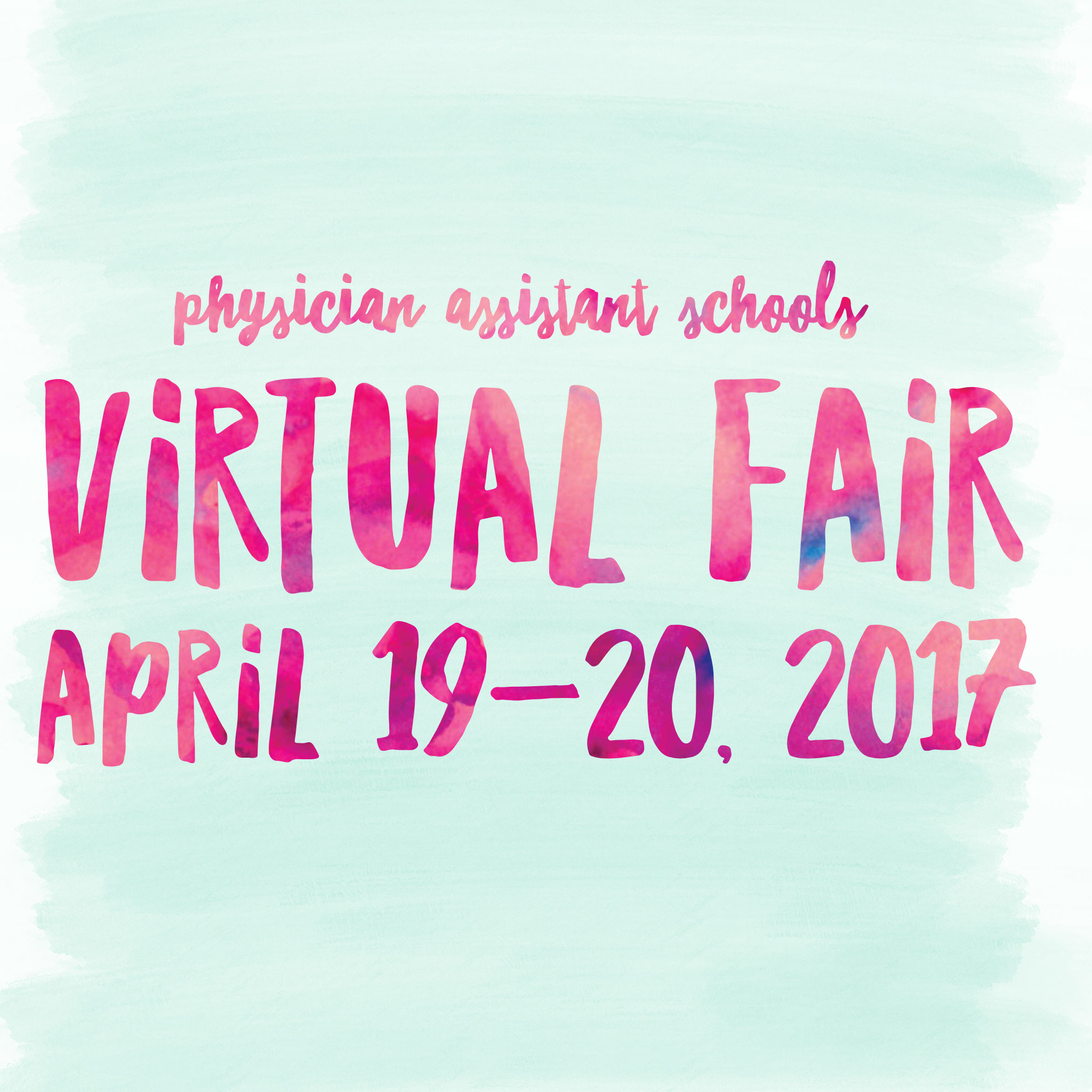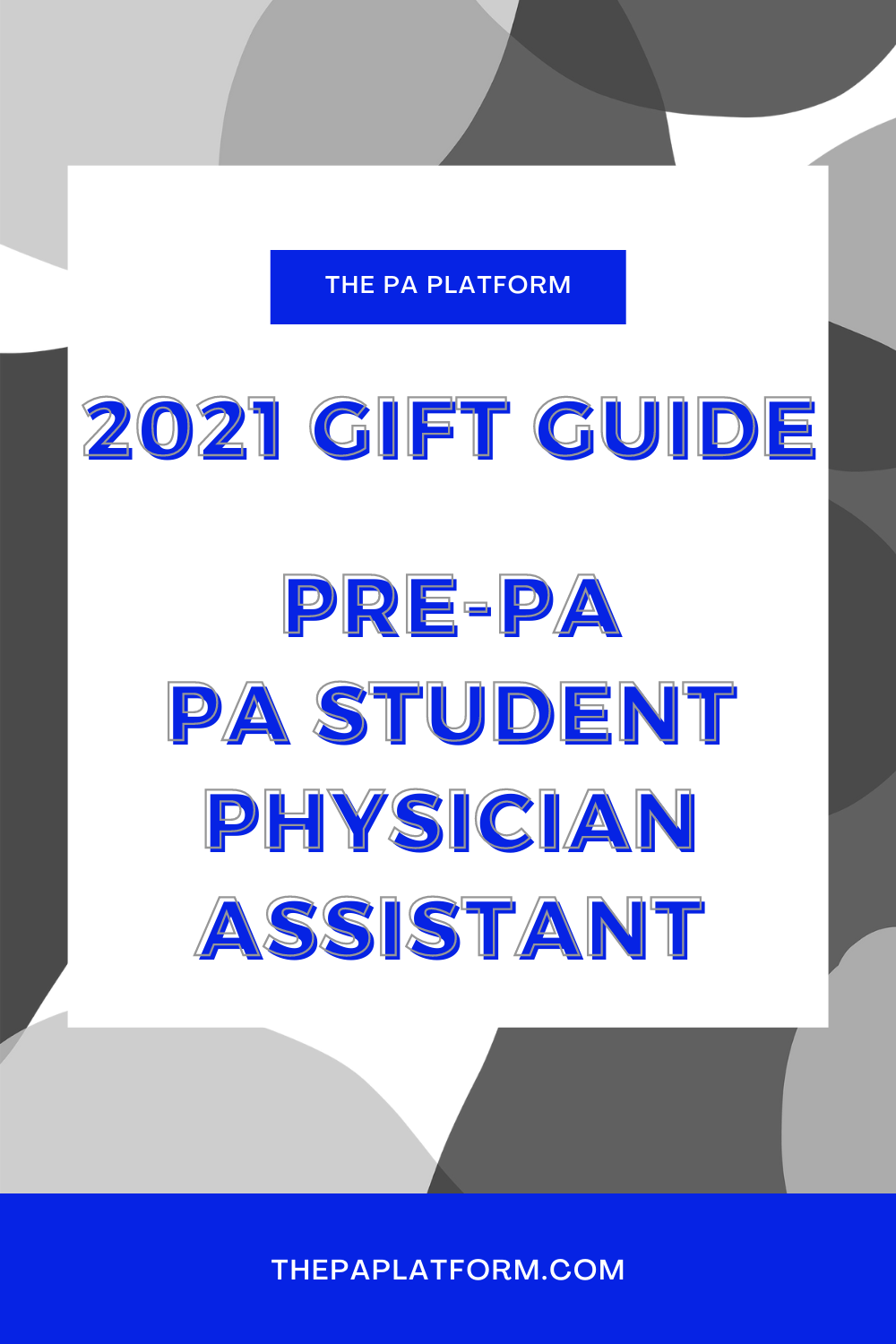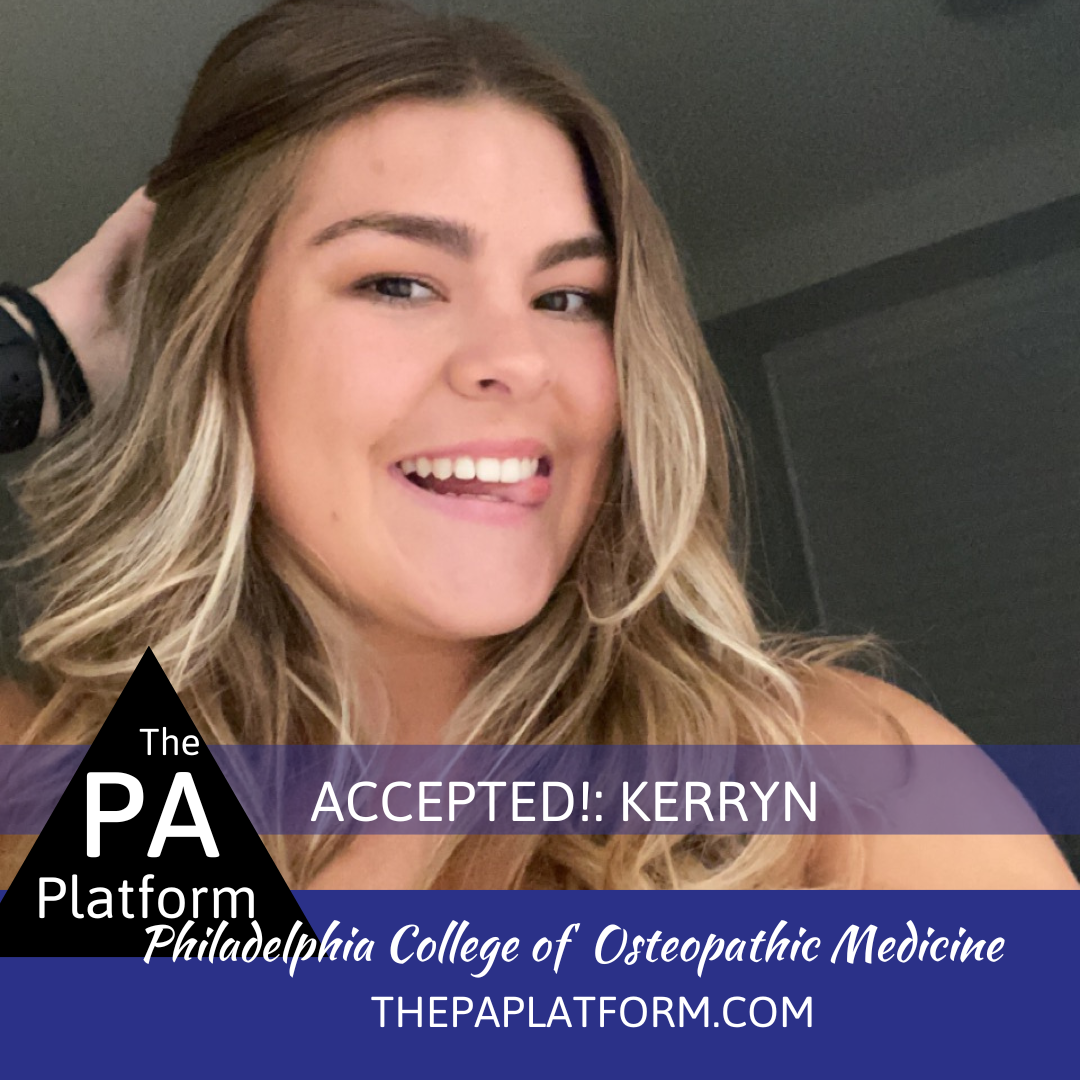So if you know you want to do something in the medical field, you've probably looked at many different options. There's medical school, dental school, physician assistant, occupational therapy, physical therapy, nursing or nurse practitioner, anesthesiologist assistant, pathology assistant, and probably tons more of options. So when it comes down to it, you have to decide what you want your role in medicine to be. I'm mainly going to compare PA school and medical school because that's what I'm the most familiar with. And if you decide to become a PA, you will quickly become tired of hearing "So when are you going to medical school?" or "When will you be a real doctor?"
I have an interesting perspective because I graduated from PA school a year ago, and my husband is currently a 4th year medical student. So I've personally been involved in both sides and seen the differences and the advantages and disadvantages to both. I've seen the preparation, application process, didactic and clinical years, as well as the steps that follow. Both programs are incredibly competitive, but it comes down to deciding where you fit in the best and what you would be happy doing as a career. I did a post for Doximity about why I specifically chose PA over MD.
Preparation (prerequisites, experience, etc.): For the most part, the prerequisite classes are the same for both PA school medical school. In some cases, PA programs will have more requirements based on the fact that the program is accelerated and so there isn't time to review a lot of the information that is reviewed in medical school. PA programs expect you to come in well-prepared by your undergraduate coursework. Volunteer work is necessary for both PA school and medical school, but when it comes to direct patient care experience, PA programs typically require this while medical school does not.
Application process: So for medical school, you have to take the MCAT. For PA school, you will most likely need to take the GRE, but some programs do not have a required test or will accept the MCAT. Most medical schools have an early application process, whereas PA programs tend to have different application time cycles due to starting at different times throughout the year. Most medical schools start in the fall.
Education: Medical school is much more extensive than PA school. A lot of the same material is covered, but there are certain subjects that are not addressed in PA school. In PA school, you jump right into clinical subjects usually after reviewing anatomy, physiology, and statistics. In general, medical school is much more competitive than PA school.
Medical school: This consists of 4 years, including 2 didactic years and then 2 clinical years. Typically didactic years are classes from 8-12 daily with some small groups for learning physical exam throughout. Most medical schools record the lectures and do not require attendance at lecture. The first summer there are no classes, which allows for different experiences, including research or working in the hospital. The 2nd summer there is a required test called Step 1, which is a major determinant of where you can do residency and what specialty you are able to pursue. The 3rd year is full of clinicals with tests at the end of each one. Step 2 is another test that must be taken either between 3rd and 4th year or sometime during 4th year. The 4th year is a little more relaxed as far as required rotations, but this is when students are applying for residencies and attending interviews. In March of the 4th year, there is a Match Day, where students find out where they will be doing residency. Following graduation, you are required to complete a residency in the area you choose/can get into for a certain number of years. Residencies are paid and you are at that point an MD, but still a student. This is where you really learn the tools of the trade and how to operate independently.
PA school: Most PA programs are 24-36 months long. They are non-stop with no semesters or quarters off. The first part is didactic, and classes are typically 8-5 most days, with small groups mixed in throughout the week. This portion is very intense with at least one test a week. As far as I know, the majority of PA programs have required attendance to all lectures. There are often policies in place that do not allow students to work while in PA school due to the rigorous nature of the program. The second year/half consists of clinical rotations in different fields very similar to medical school and likely with medical students. There are no required tests during PA school, just boards at the end. There is no required residency following PA school, so there is no requirement to pick a specific specialty. There are some residencies available if that is something you are interested in.
The Actual Job: Although PAs do have many of the responsibilities and roles that physicians have, there are also a good amount of differences, and this is where it comes down to choosing which one would fit you better. With both, you have the option of choosing what setting you want to work in, whether hospital or clinic. Both are able to prescribe medications, although some states do limit privileges for certain classes, including narcotics. One major difference is that physicians must pick a certain specialty and train for that before starting, and there is not much room to move around between specialties without going back to school. As a physician, you are able to own a practice no matter what state you are in. There are some states that PAs are able to run their own clinics, but they are more limited. If you are someone who needs the final say and wants to have more extensive knowledge about one subject and know what you want to do, then medical school may be better for you. There are certainly times that I regret not having the residency experience and wish that I had that extensive knowledge, but I am getting that on the job instead. If you are more of a team player and like the idea of having someone available to answer questions, then you would do fine as a PA. Personally, the thought of 7+ more years of school and having to choose one thing to do stressed me out and made me want to avoid medicine, so the benefits of PA school really appealed to me. The level of independence a PA has really depends on the supervising physician and specialty, but there are definitely PAs who function mostly on their own and do surgery as well.
I hope this sheds some light on the differences between PA school and medical school and helps to push you in one direction if you are on the fence. Let me know if you have any specific questions about either type of program!

